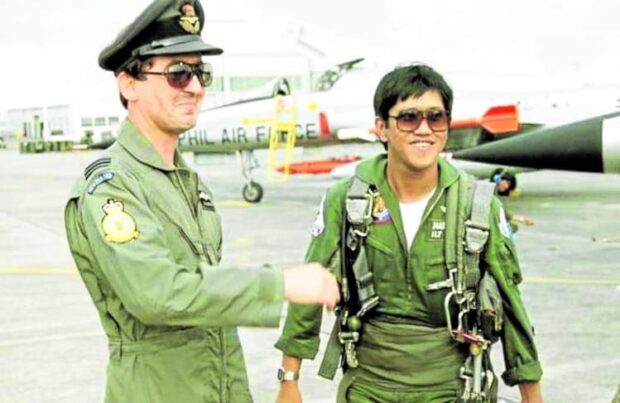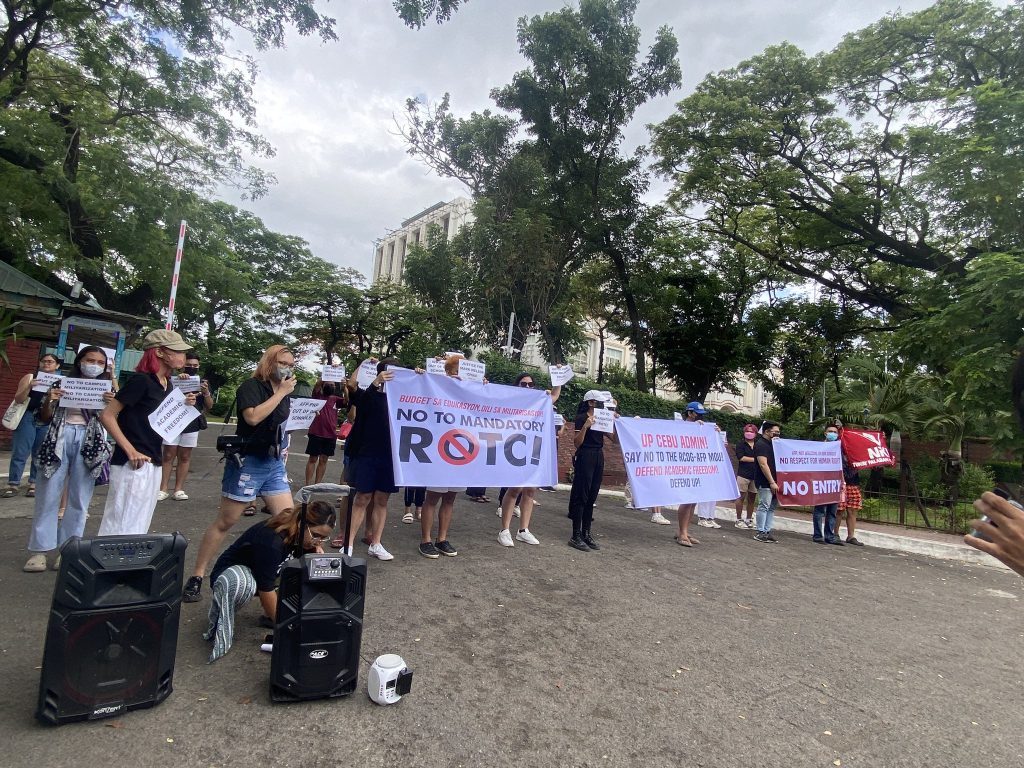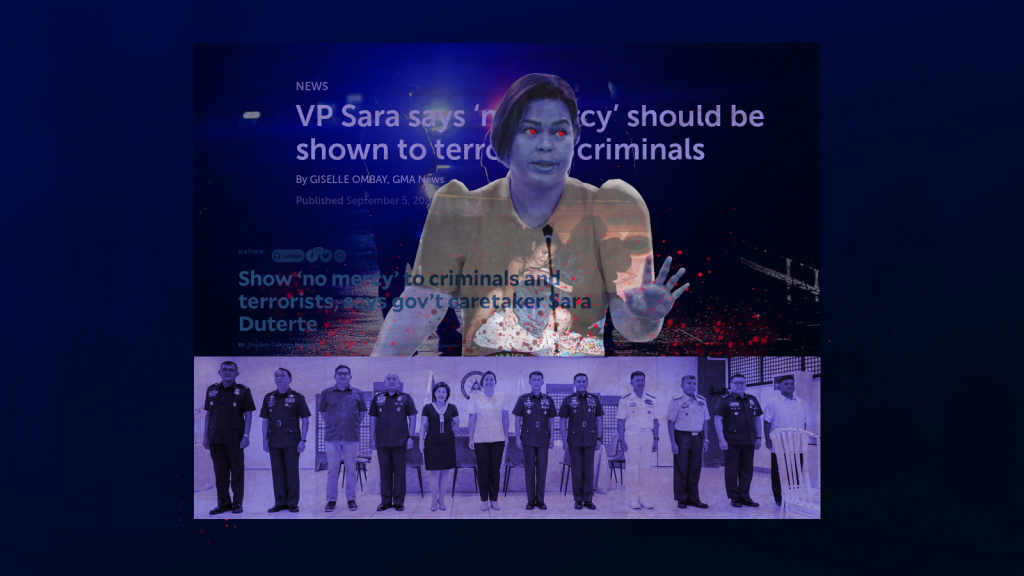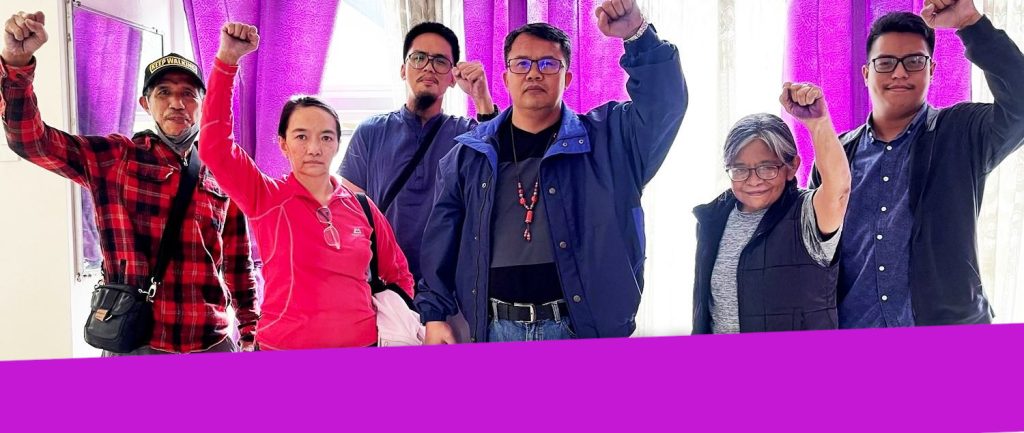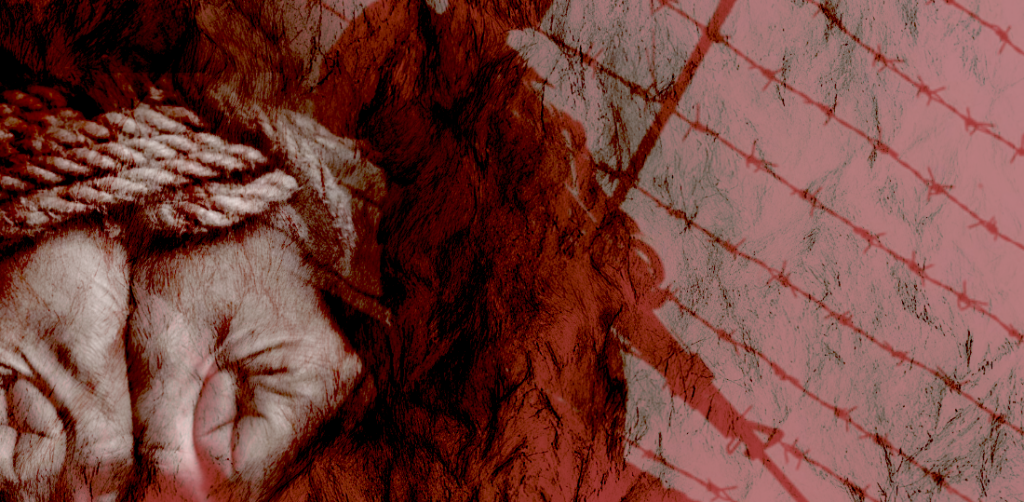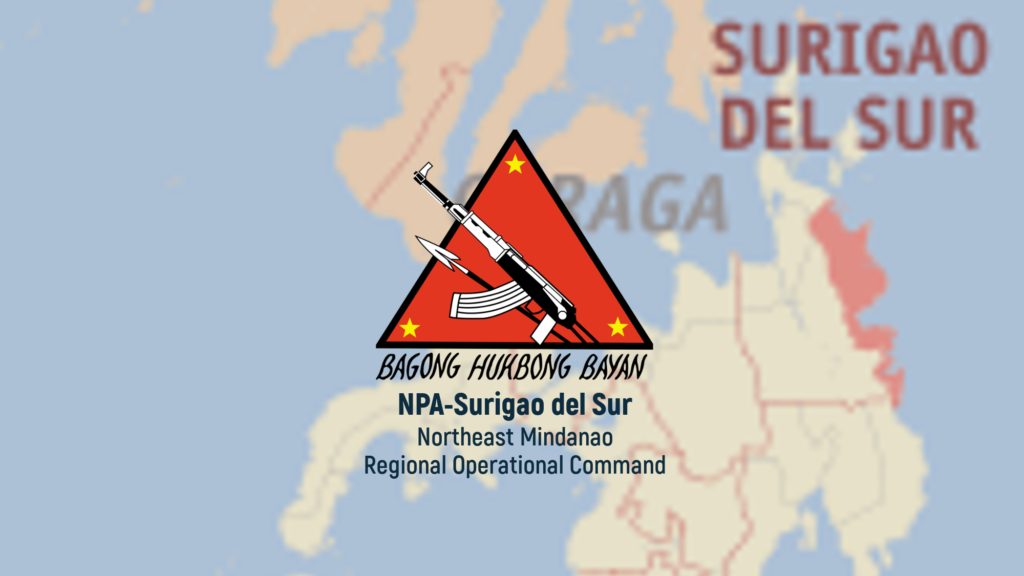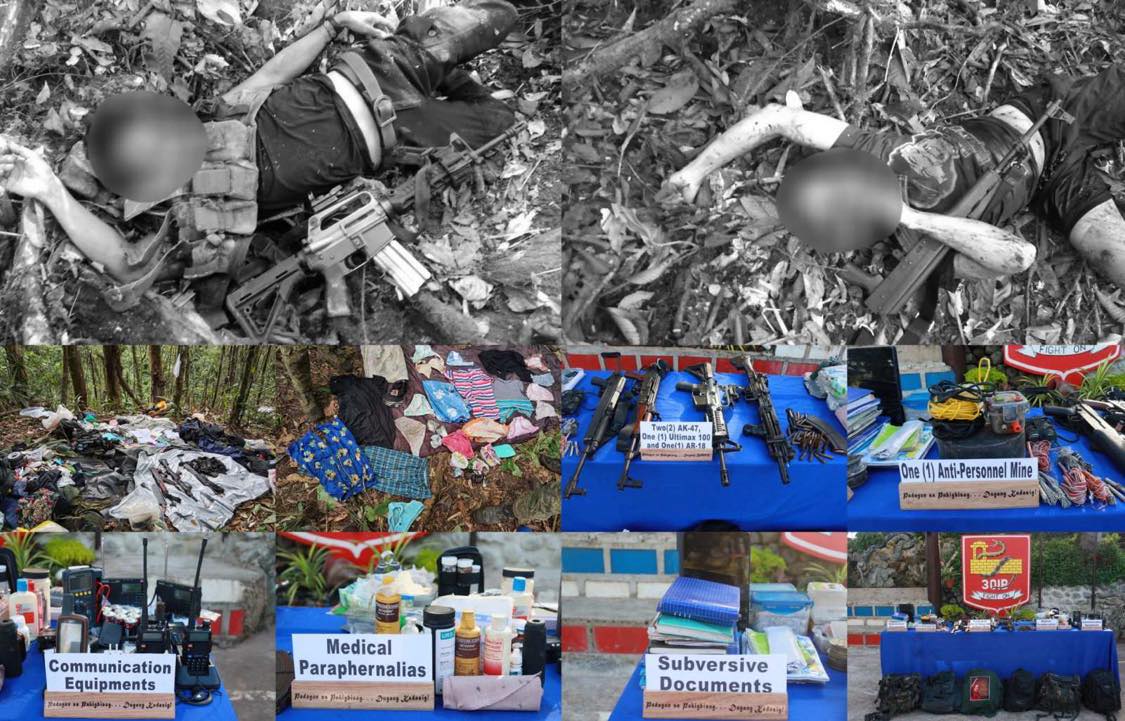Opinion piece posted to the Manila Bulletin (May 14, 2023): EDCA: Illuminating the path to enhanced external defense (By Lt. Gen. Jaime S. de los Santos, AFP (Ret))

The Philippines has come into focus due to the increasing tension in the Taiwan Straits, leading to the establishment of new EDCA (Enhanced Defense Cooperation Agreement) sites in the Cagayan Valley Region. Recent news reports indicate that the US is allocating an additional $100 million for these new EDCA sites, which include air and naval bases in Cagayan province and the 5th Infantry Division in Isabela. The 5th Infantry Division serves as a prime example of an Army command that has been actively involved in counter-insurgency operations for approximately 50 years. Having personally commanded the Division, I can vouch for the courage and bravery demonstrated by its officers and soldiers. It has produced generals and Medal of Valor awardee. The soldiers' mindset and competence were cultivated and developed through their encounters with the local communist (CPP-NPA) threat, which was their primary concern. Their engagements mainly involved smaller to medium-sized combat operations against guerilla forces, who utilized unconventional warfare tactics.
Can the effectiveness of counter-insurgency operations contribute positively to the AFP as it gradually takes on a new role of external defense? What are the areas that need to be developed and pursued to establish a defense capability? The President has indicated in some of his statements that the AFP should now prioritize external defense. He specifically stated, "It is difficult to imagine that the Philippines can avoid a conflict involving Taiwan." The President's remarks imply a shift in priority towards the AFP's existing mission. The AFP needs to be ready to respond decisively to any external threats that challenge the country's sovereignty and territorial integrity. This marks a period of change and innovation for the AFP as it seeks to make this new role meaningful and relevant.
To embark on this new paradigm shift, there is a need to develop new infrastructure facilities, defense assets, and resources that align with modern technology in weaponry, armaments, communication, and logistical support. EDCA has been seen as a step towards strengthening our defense capabilities against external threats, essentially involving the modernization of our armed forces. We have developed a culture of reliance on support from the United States. The readiness of a military force is not solely determined by its inventory of warfighting equipment but also by its military mindset and psychological preparedness, which hold equal importance.
To initiate a paradigm shift, it is crucial to break free from the entrenched military values that have been shaped over years of counter-insurgency operations. Instead, new values should be cultivated to align with a fresh political and military order. In the book "Hope is Not a Method" by Gen. Gordon Sullivan, former US Army Chief of Staff, it is emphasized that assuming new roles cannot be solely reliant on hope. The Philippines cannot continuously rely on the United States. Prolonged dependence will hinder our initiative, ingenuity, and limit our ability to develop necessary options and approaches for operational readiness.
Can EDCA make a significant impact? We shouldn't expect miracles, but it does offer temporary relief for existing and impending threats. It is a preferable alternative to have US forces as partners, with the Mutual Defense Treaty (MDT) serving as an added incentive. This arrangement provides a sense of security and enhances our credibility. Alongside the opportunity for our troops to gain valuable experience through joint military exercises and other partnership programs, the following areas of concern should be prioritized to leverage meaningful change:
1. Craft a mission statement that is effectively communicated throughout the command structure, emphasizing self-reliance and strengthened partnerships with the US and other allied nations, grounded in mutual respect and cooperation.
It is evident that the challenges and opportunities faced by the Philippines in the realm of defense and security require a proactive and strategic approach. The EDCA offers a temporary relief to existing and future threats, while emphasizing the importance of self-reliance and credible partnerships with the United States and other allied nations. As we navigate the evolving landscape of technology and geopolitical dynamics, it is crucial to embrace innovation, foster unity, and build upon the invaluable experiences gained through joint military exercises and partnerships. Together, with a clear vision and steadfast commitment, we can forge a path towards a more secure and resilient future for the Philippines.
(Gen. de los Santos served with distinction as a military professional, 42nd Commanding Gen. Philippine Army, 1st Force Commander, UN Multi-National Peacekeeping Force in East Timor, former member, UP Board of Regents and Professorial Lecturer II (part-time), UP-Diliman.)
https://mb.com.ph/2023/5/14/edca-illuminating-the-path-to-enhanced-external-defense

